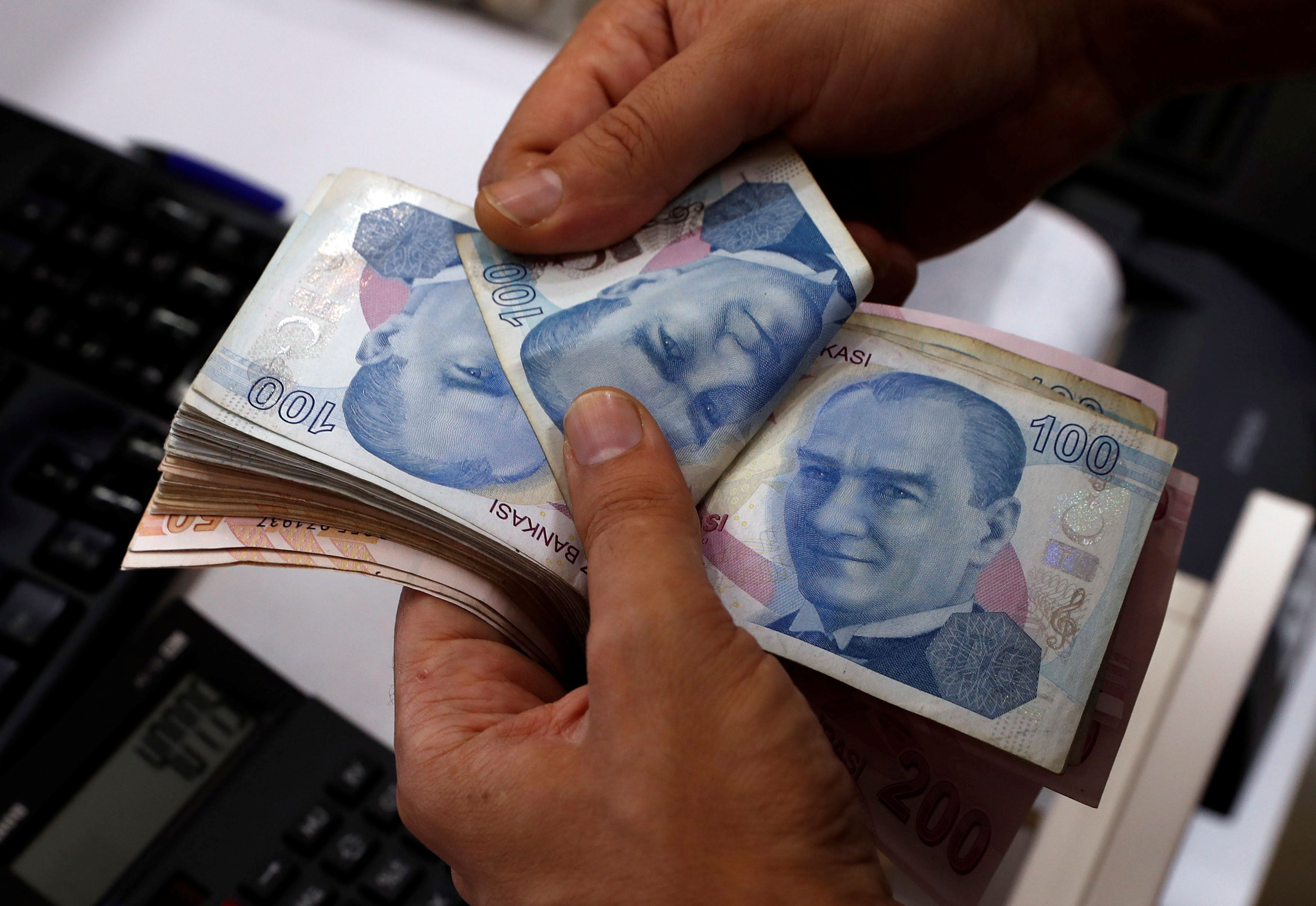August 14, 2018
When a country suffers a balance of payments crisis (an inability to pay back its foreign debts), it’s invariably painful for many of its citizens and creditors. But in some cases, it can also produce geopolitical shockwaves. If Turkey’s economic crisis worsens and the combative Erdogan looks abroad to change the subject from his own failings, keep an eye on three things:
First, to Syria – in the northwest, Bashar al-Assad’s forces are moving to crush the last rebel holdouts in Idlib province, where Turkish troops have crossed the border to set up their own observation posts; while in the north, tensions could flare again between Turkish troops and US-backed Kurdish forces whom Ankara considers terrorists.Second, if Erdogan does look for an external lifeline, his choice about whom to ask will be fraught with geopolitical overtones, as the IMF, Russia, China, and Qatar may all emerge as potential backstops, each with its own agenda, conditions, and geopolitical connotations.
Lastly, don’t forget that more than 3 million Syrian refugees are still housed in Turkey under a deal between Ankara and Brussels in which the EU helps to pay for their lodging and care. Letting even a small number of those people attempt to cross into Europe could quickly inflame what are already volatile European politics surrounding migrant policy.
More For You
Most Popular
Fishing boats moored at Taganga Beach, as fishermen express concern over unclear US government videos showing strikes on vessels during anti-narcotics operations, amid fears that those targeted may have been fishermen rather than drug traffickers, in Santa Marta, Colombia, on October 20, 2025.
REUTERS/Tomas Diaz
Walmart’s $350 billion commitment to American manufacturing means two-thirds of the products we buy come straight from our backyard to yours. From New Jersey hot sauce to grills made in Tennessee, Walmart is stocking the shelves with products rooted in local communities. The impact? Over 750,000 American jobs - putting more people to work and keeping communities strong. Learn more here.
© 2025 GZERO Media. All Rights Reserved | A Eurasia Group media company.
